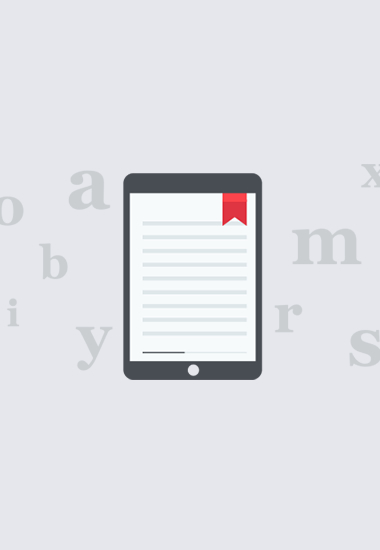
The Rubaiyat of Omar Khayyam
Khayyam Omar
Publisher: Project Gutenberg
Summary
The Rubáiyát of Omar Khayyám (Persian: رباعیات عمر خیام) is the title that Edward FitzGerald gave to his translation of a selection of poems, originally written in Persian and of which there are about a thousand, attributed to Omar Khayyám (1048–1131), a Persian poet, mathematician and astronomer. A Persian ruba'i is a two-line stanza with two parts (or hemistechs) per line, hence the word "Rubáiyát" (derived from the Arabic root word for "four"), meaning "quatrains".














